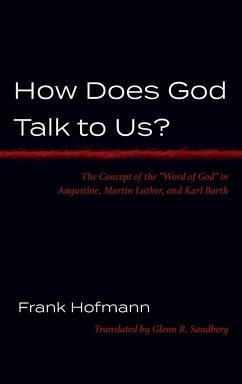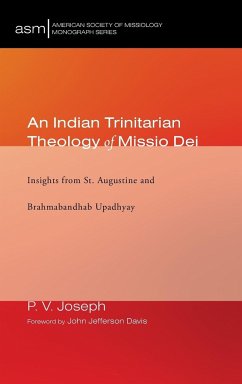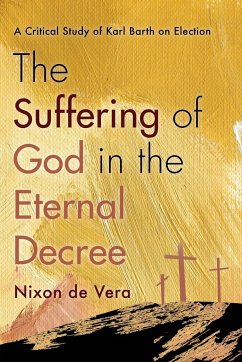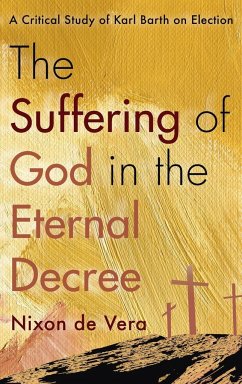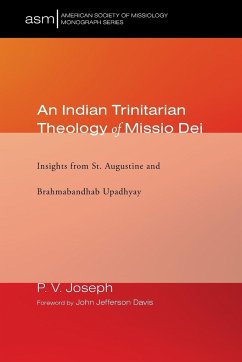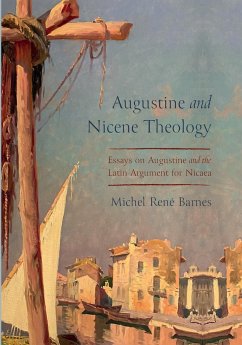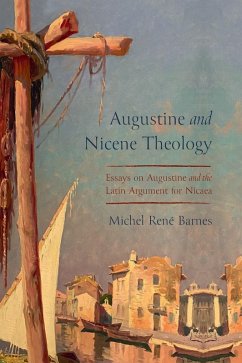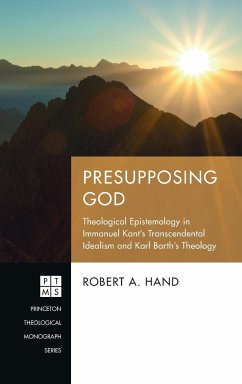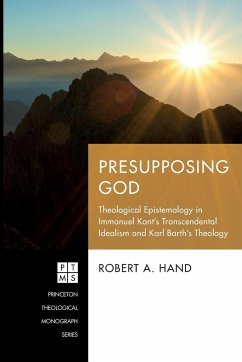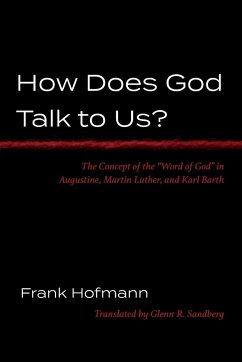
How Does God Talk to Us?
Versandkostenfrei!
Versandfertig in 1-2 Wochen
26,99 €
inkl. MwSt.
Weitere Ausgaben:

PAYBACK Punkte
13 °P sammeln!
How does God talk to us? The image of the speaking God offers a profound insight into the nature of communication. The idea of the God's Word runs like a red thread through the entire Bible. Few theologians, however, have interpreted the concept "Word of God" as a linguistic phenomenon, but Augustine, Luther, and Barth are among those who have. What sets this study apart from others is its emphasis on the aspects of semiotics (Augustine), semantics (Luther), and pragmatics (Barth). Hofmann then places these three theologians in the context of the linguistic analytical philosophy of Ludwig Witt...
How does God talk to us? The image of the speaking God offers a profound insight into the nature of communication. The idea of the God's Word runs like a red thread through the entire Bible. Few theologians, however, have interpreted the concept "Word of God" as a linguistic phenomenon, but Augustine, Luther, and Barth are among those who have. What sets this study apart from others is its emphasis on the aspects of semiotics (Augustine), semantics (Luther), and pragmatics (Barth). Hofmann then places these three theologians in the context of the linguistic analytical philosophy of Ludwig Wittgenstein, Ian Ramsey, and John L. Austin. This work carries forward the dialogue between theology and modern philosophy of language, while at the same time opening up the Word of God for human reality. It also touches on the fields of the doctrine of God and Christology, attempting nothing less than a comprehensive language theory of the Word of God.





